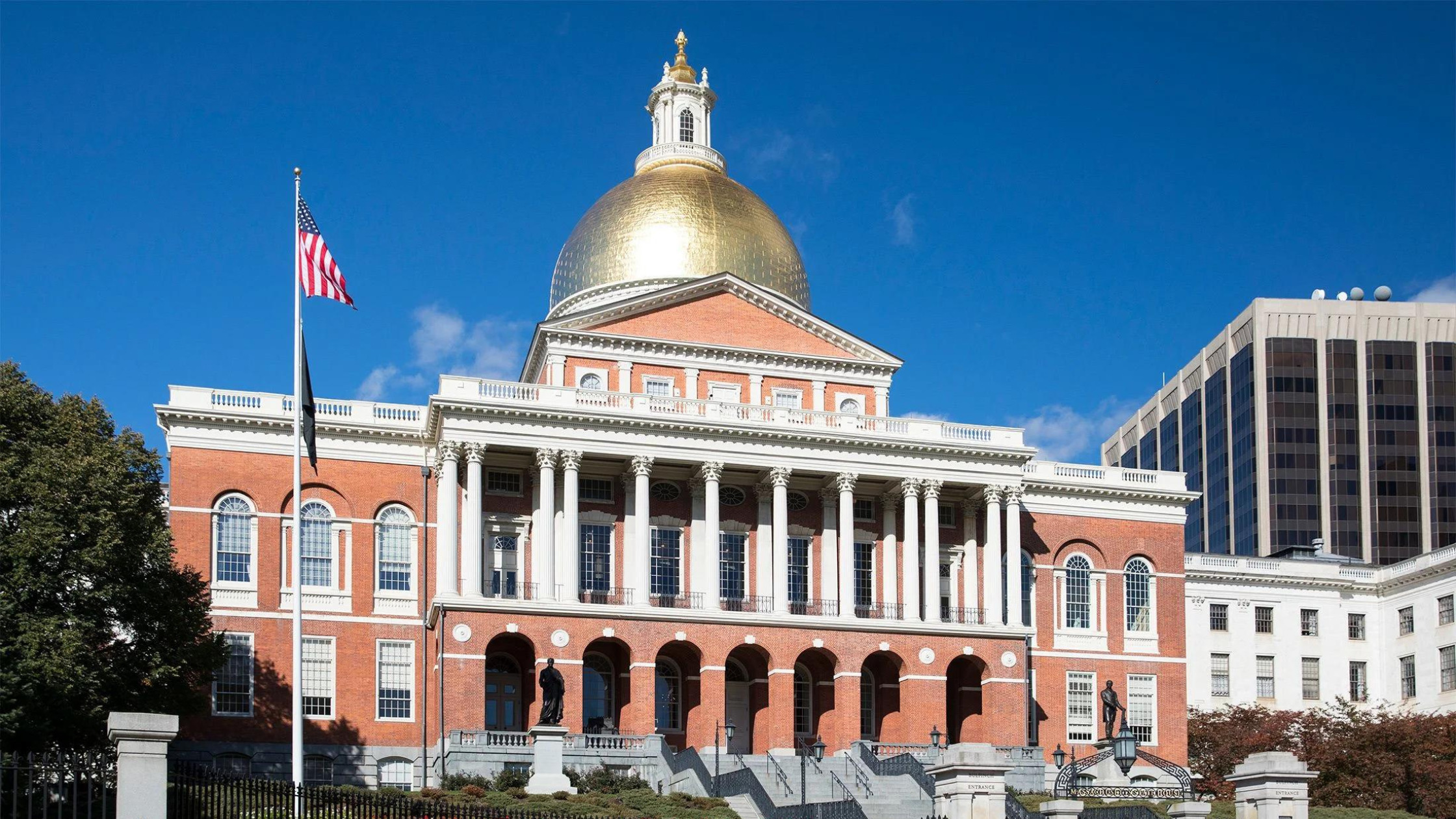
In August 2022, Governor Charlie Baker signed a new Social Equity Bill into law. The legislation provides a number of benefits to the state’s several cannabis dispensaries and ancillary businesses, ranging from tax code changes and the creation of a state trust fund to expungement and more.
Here is a breakdown of what the new Social Equity Bill means for Massachusetts cannabis businesses:
Increase the diversity of the Massachusetts cannabis industry
With the new bill that Governor Baker has signed, a Social Equity Trust Fund will be created to increase the diversity of Massachusetts’ cannabis industry.
Capital from the fund will be dedicated to providing grants and loans to cannabis business owners, with an emphasis on communities of color and those negatively impacted by the War on Drugs.
Prior to this bill, social equity licensing was a dreadfully tedious, expensive upward battle. They left minority entrepreneurs tangled in a mess of bureaucracy, resulting in a month-long waiting game for licensing approvals while they paid for a laundry list of other essentials, such as rent, marketing, and more.
Moreover, licenses are simply an invitation to take part in a highly competitive industry. Anecdotal evidence from the 13 states that have social equity programs shows that many approved equity applicants either never opened a dispensary or quickly shut down.
The only solution then becomes getting financial help from their more wealthy, white counterparts who ironically ask for a stake in ownership. Needless to say, white-owned and Black operated is not the goal of a program meant to address the inequities of the industry.
The new fund, therefore, levels the playing field between larger, wealthier corporations and small mom-and-pop shops. Local business owners and Black and brown cannabis entrepreneurs have long since faced the barriers of the licensing process, but we expect things will start to turn around with this legislation.
Treat cannabis companies as legal businesses
The new law also allows cannabis companies to be treated as legal businesses under the state tax code. The result is access to standard business deductions otherwise denied under federal tax regulations.
In practice, this means the tens of thousands of dollars dispensaries spend on marketing, staff salaries, inventory, and more can now be written off as tax-exempt expenses, just as businesses in other industries are able to do.
The previous tax code applied to cannabis businesses mirrored a federal tax code that was created in the 1980s to penalize cocaine traffickers. By undoing this, Massachusetts is taking a step to remove the residual stains of the War on Drugs and make taxes fairer for cannabis business owners.
Mediate the exploitation of cannabis businesses by some municipalities
The social equity bill reduces the control individual towns have over host community agreements, or contracts negotiated between a municipality and a cannabis establishment.
These agreements include all the terms necessary for a dispensary to operate in any given town or city, but have often been one-sided negotiations. Prior to the bill, municipalities pushed for outlandish requirements but controlled all the leverage and barred many dispensaries from getting off the ground.
In fact, a May 2021 study reviewed 460 Massachusetts host community agreements and found that “A significant proportion of the agreements…required additional payments from businesses beyond the legal limit, amounting to an excess of at least $2.46 million, whether through reimbursements, local charity donations, so-called ‘community benefit payments,’ or donations of employee time to education efforts.”
With the signing of this bill, the state’s Cannabis Control Commission will receive greater authority to oversee these deals and mediate the exploitation of cannabis businesses by some cities and towns.
Simplify expungement and more
Other sections of the bill approved by Baker include provisions to simplify expunging past cannabis-related convictions and a process for local communities to hold a vote for the approval of cannabis consumption lounges.
A big step for the Massachusetts cannabis industry
Many Black entrepreneurs and minority business owners are calling this new legislation a major step in the right direction.
Massachusetts Cannabis Control Commission (CCC) commissioner Ava Callender Concepcion said we should “recognize the significance of this moment and the magnitude of this impact.” She went on to say, “By no means am I saying that this single piece of legislation will solve every issue that’s facing the cannabis industry, but it is a massive step. This is monumental.”
With each of these provisions, the industry can slowly undo the harms caused to marginalized communities by the War on Drugs and pave way for a more diverse, equitable, and inclusive cannabis industry.
To get more social equity updates, explore the Diversity & Inclusion blogs on our website or subscribe to our monthly newsletter.
